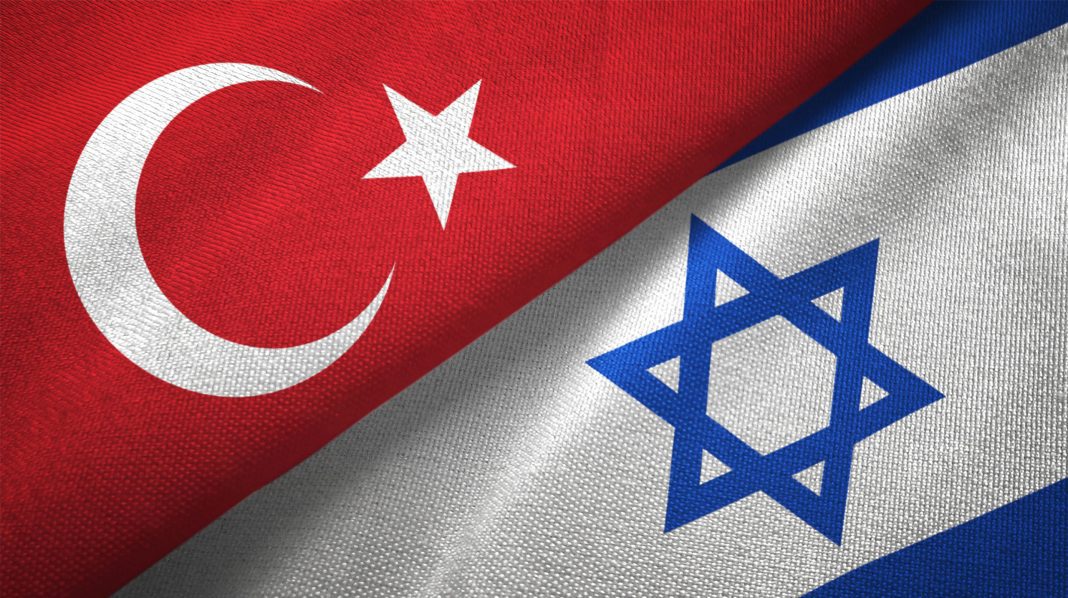Within hours, pro-Israel voices in Washington and Tel Aviv were already hinting at the unthinkable: Turkiye could be next.
Michael Rubin, a US think tank insider, warned bluntly – “NATO won’t save Turkiye.” Israeli political figure Meir Masri was even bolder on social media: “Today Qatar, tomorrow Turkey.”
Ankara’s reaction? Fury. A top aide to President Recep Tayyip Erdoğan snapped back: “To the dog of Zionist Israel… the world will soon find peace with your erasure from the map.”
This war of words has now exploded into one of the hottest geopolitical flashpoints in the Middle East.
Israel’s “Greater Plan”
Netanyahu is no longer hiding his ambitions. Asked if he believed in a “Greater Israel,” his answer was one word: “Absolutely.”
Qatar may host Iran’s hypersonic Fattah protection as lawmaker urges IRGC shield against Israel
That vision stretches far beyond Gaza. It includes Syria, Lebanon, Egypt – and yes, Turkiye. Israeli media are already branding Ankara as their “most dangerous enemy.”
Meanwhile, Israel’s bombs rain down across the region – Gaza, Yemen, Syria, even a Tunisian aid flotilla. Tel Aviv is flexing muscle everywhere.
For Turkiye, the message is clear: Israel wants total dominance.
NATO Doubts, Cyprus Threats
The strikes on Qatar rattled Ankara’s faith in NATO. If Washington stayed silent while its Gulf ally was attacked, will it really defend Turkiye?
Experts say Ankara no longer trusts the West. “Israeli aggression has no limits and enjoys American support,” warns analyst Omer Ozkizilcik.
Conspiracy theories emerge after Israel targets Hamas leadership in Doha
The fear is not just Israel’s jets. It’s encirclement. Israeli weapons are now deployed in Cyprus, working hand in glove with Greece. Retired Admiral Cem Gürdeniz calls it a direct attempt to “fracture and contain Turkiye’s Blue Homeland” – its grand maritime doctrine to dominate the surrounding seas.
To Ankara, this isn’t defense. It’s a chokehold.
Syria: The Next Battlefield
The real showdown could erupt in Syria.
Israel says the country should be carved up into separate regions. Turkiye says absolutely not – it must remain united under Damascus.
Already, Israel has bombed Syrian sites where Turkiye was planning new bases. Ankara has called this a red line. “If Tel Aviv persists, conflict becomes inevitable,” warns Murat Yeşiltaş of SETA.
The nightmare: Syria collapsing into chaos, spilling instability straight into Turkiye.
Collision Course
Israel has taken down Hezbollah leaders. It has struck Iran’s nuclear facilities. It has annexed land in Syria.
But Turkiye is a different beast. A NATO heavyweight. A drone superpower. A country with a military that can’t be ignored.
King’s College London’s Andreas Krieg warns that Israel will likely target Turkish interests indirectly – through proxy wars, covert operations, and air strikes in Syria and the Mediterranean.
For now, both sides are testing each other’s limits. But with Netanyahu pushing for a “Greater Israel” and Erdoğan drawing sharp red lines, the stage is set.
The Middle East is already burning. If Israel and Turkiye collide, it could ignite a firestorm like the region has never seen.

